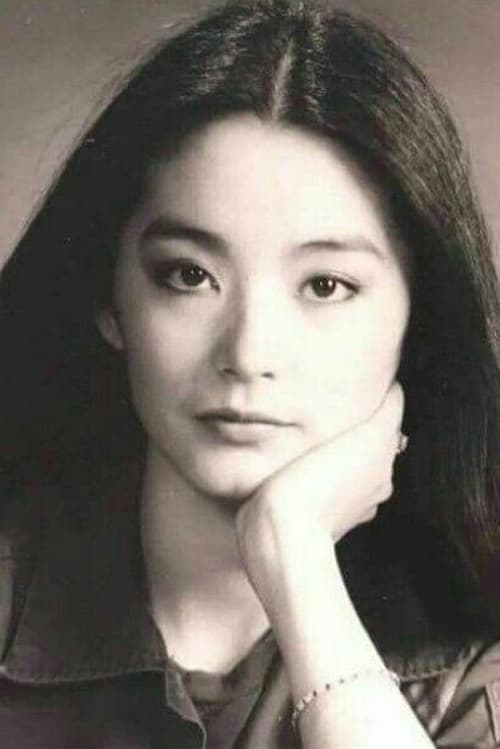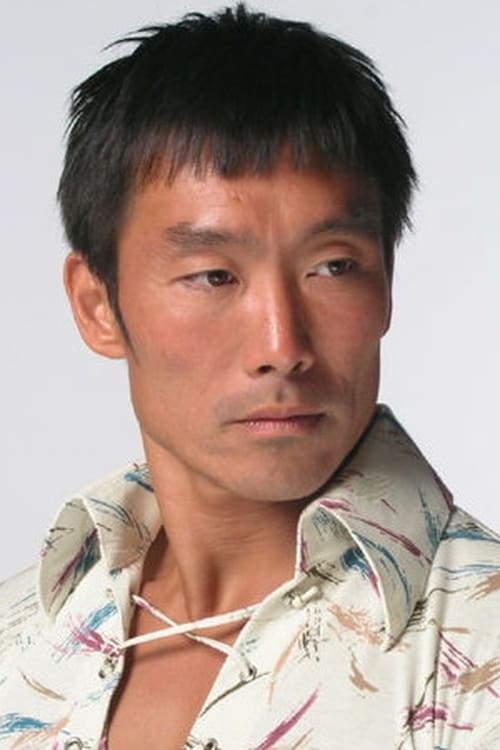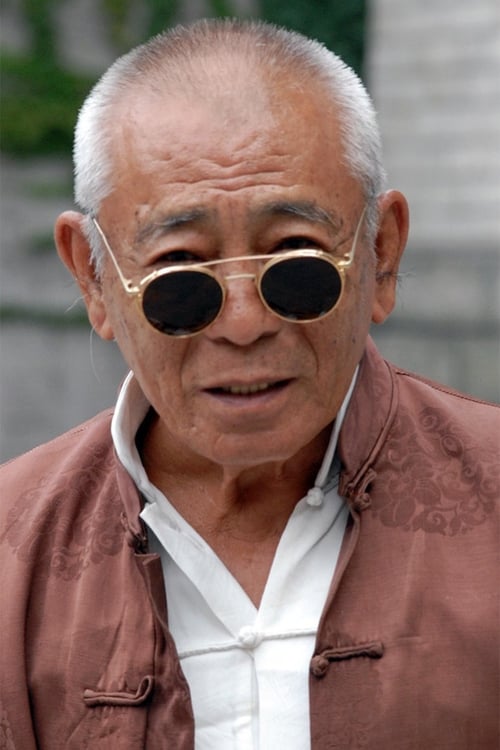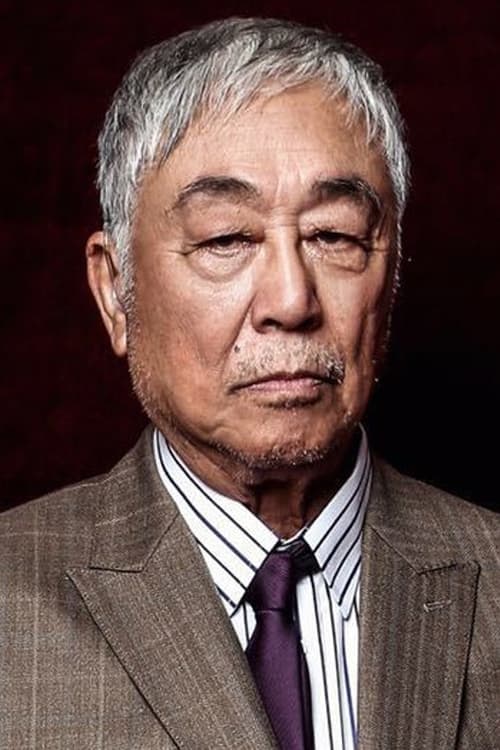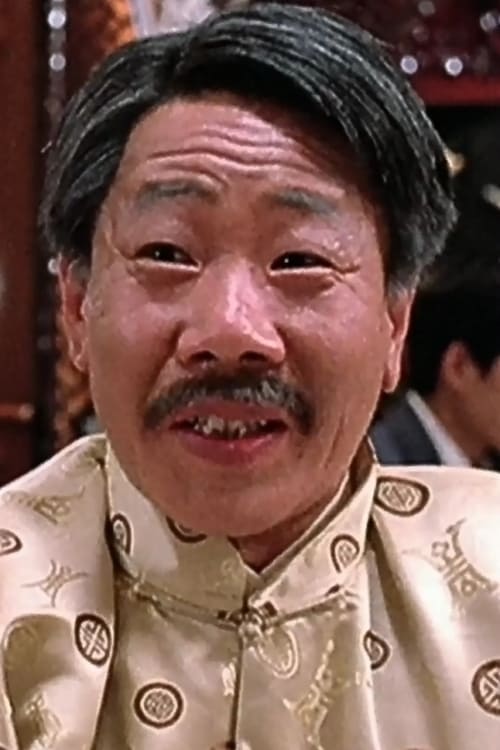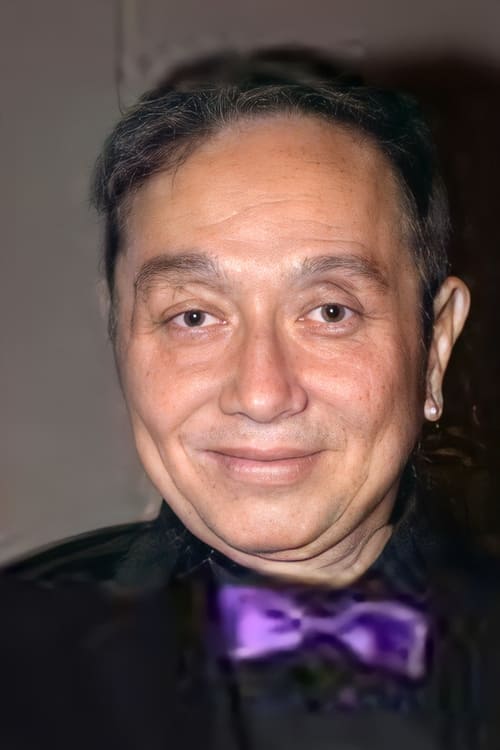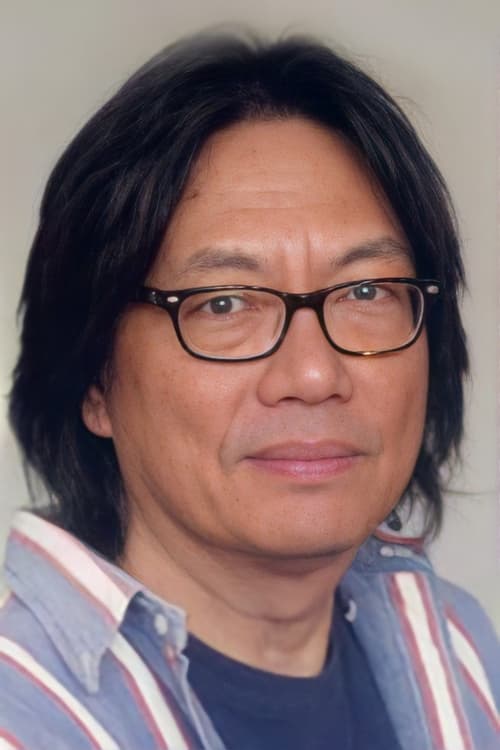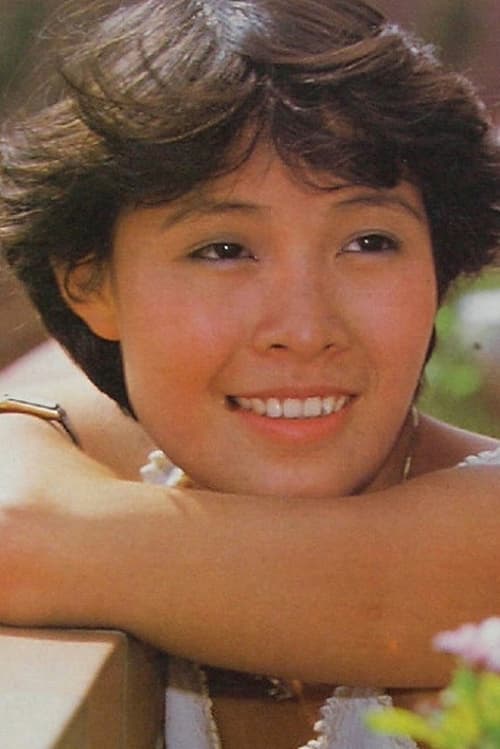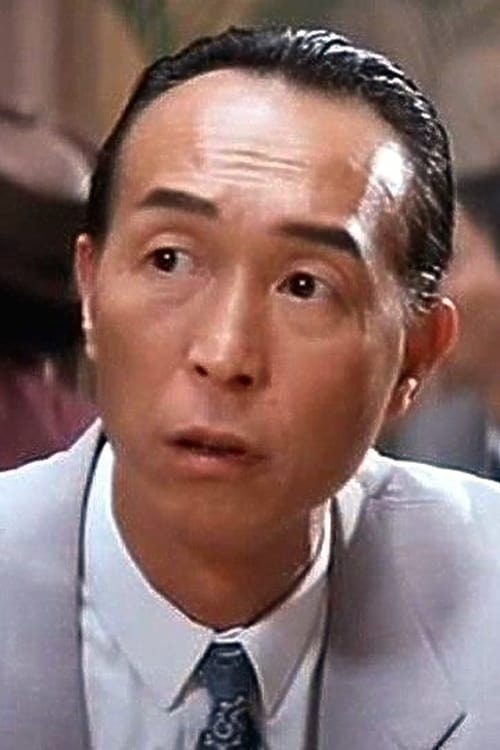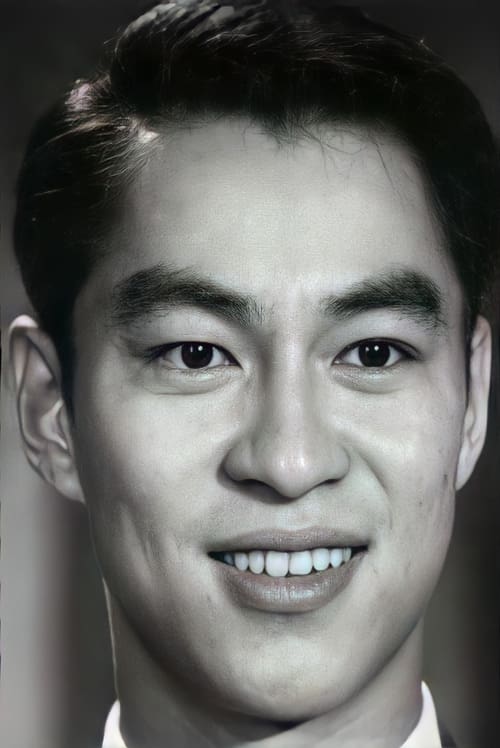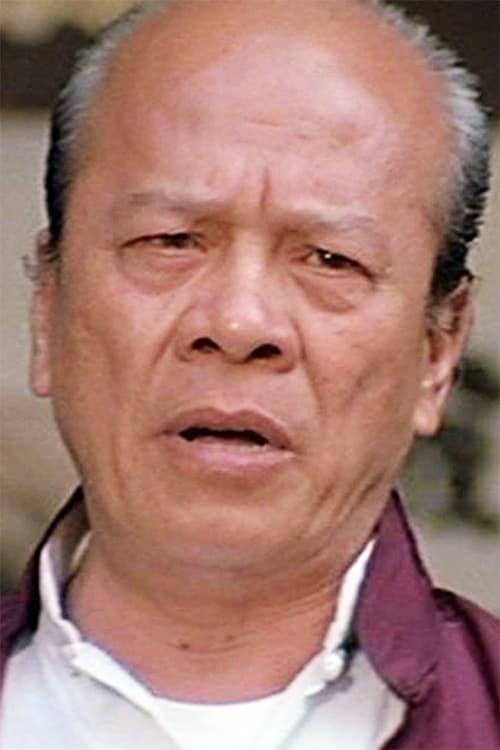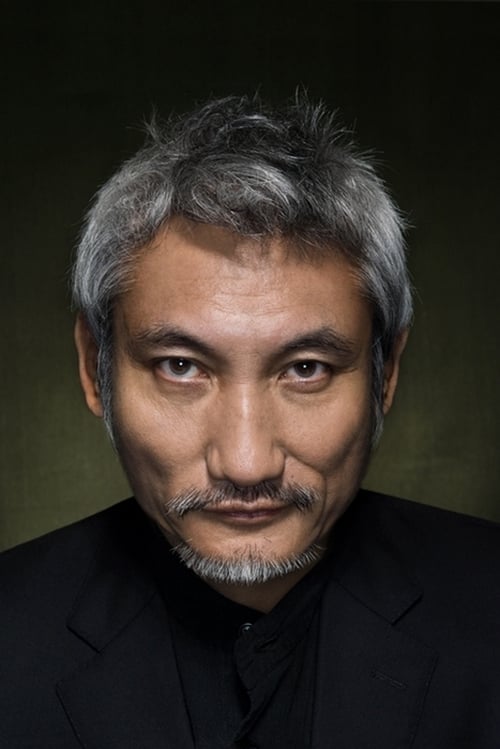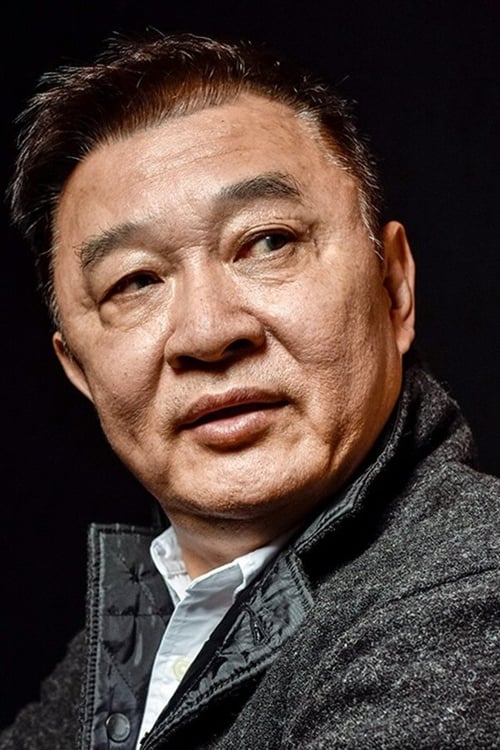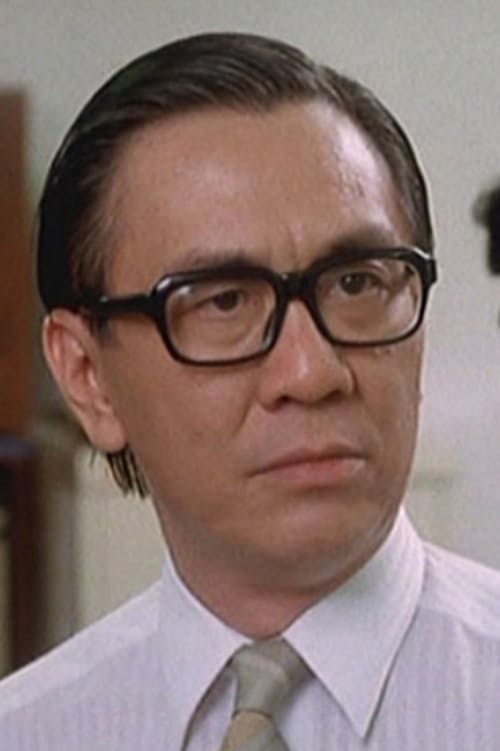Peking Opera Blues (1986)
Género : Acción, Comedia
Tiempo de ejecución : 1H 44M
Director : Tsui Hark
Sinopsis
The film is set in 1913 Beijing, during Yuan Shikai's presidency of the Republic of China. It depicts the adventures of a team of unlikely heroines: Tsao Wan, a patriotic rebel who dresses as a man; Sheung Hung, a woman in search of a missing box of jewels; and Pat Neil, the daughter of a Peking Opera impresario.
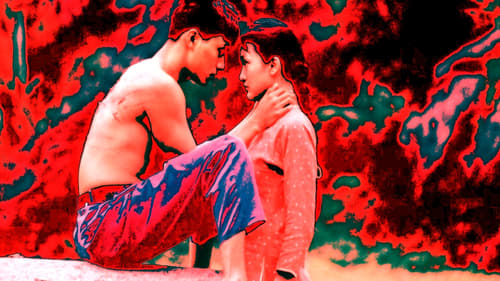
En la china comunista, durante los años la revolución cultural de los setenta, un muchacho es enviado a un remoto campo de adoctrinamiento del régimen maoista, para ser educado por los campesinos locales en las ideas del régimen. Allí conocerá la literatura prohibida de occidente, la amistad verdadera y el amor de la bella hija mayor del sastre del pueblo.
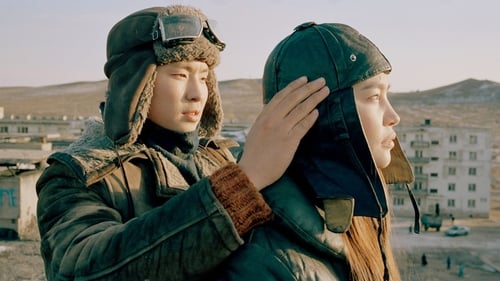
Set in the frozen steppes of Mongolia, a young nomad is confronted with his destiny after animals fall victim to a plague which threatens to eradicate nomadism.
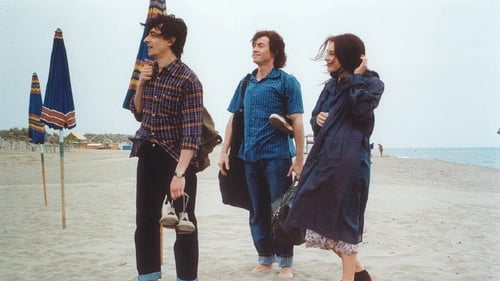
Historia de una familia italiana desde los años 60 hasta nuestros días. Dos hermanos, Nicola (Luigi Lo Cascio) y Matteo (Alessio Boni), comparten las mismas esperanzas, los mismos sueños; disfrutan de los mismos libros y de los mismos amigos hasta que conocen a una chica desequilibrada, Giorgia (Jasmine Trinca), que perturba su destino. Mientras Nicola ejerce como psicólogo, Matteo abandona sus estudios e ingresa en el cuerpo de policía.
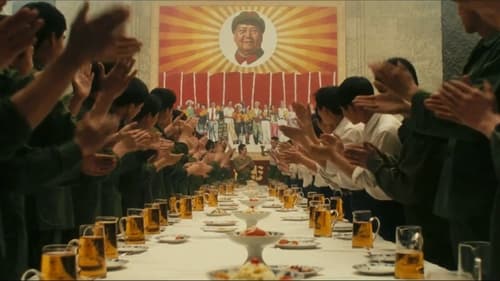
Beijing, 1970s. The Cultural Revolution has driven most adults to the provinces leaving 14-year-old Monkey and his pals have free reign over the city. They hang around, get up to no good, and discover that unsolvable mystery known as "girls."

The poet and painter, Lawrence Ferlinghetti, is among the world's living monuments to arts and letters. For well over a half century, Ferlinghetti helped shape the currents of poetry and literature with his forceful engagement with society and an ideological position that often found him at odds with the political currents of his day. Ferlinghetti's quiet, behind the scenes demeanor and disarming mien may have assuaged, or even fooled, certain opponents, while in reality he was a literary mercenary, a rebel at the forefront of our own cultural revolution.
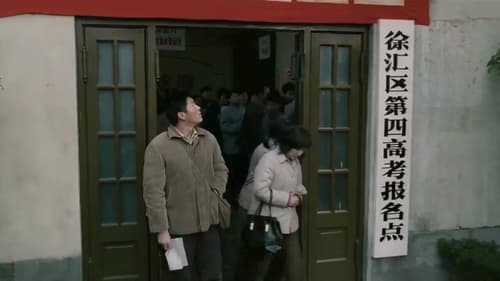
At the close of the Cultural Revolution, a group of young idealists battle for the right to return home and restart their lives after years of toil on a state run re-education farm in China.

Pre-Cultural Revolution propaganda at its most lavish, this model opera depicts the history and evolution of the Communist Party of China under Mao Zedong from its founding in July 1921 to the establishment of "New China" in 1949. Detailed in the musical are several key events in CPC history such as the Northern Expedition, the KMT-led Shanghai massacre of 1927, the Nanchang Uprising and formation of the People's Liberation Army, the Long March and the founding of the PRC on October 1, 1949.

The history of the irreverent "The Smothers Brothers Comedy Hour" and the content battles it fought with its television network.

An animated remake of the 1974 children's movie "Shan shan de hong xing"

This landmark documentary reveals the tragic life of a gifted young woman who was executed for speaking out during the height of Chairman Mao’s rule.

Based on a novel by the same name written by Gu Hua, a melodrama about the life and travails of a young woman who lives through the turmoil of the Cultural Revolution.

From 1972 until 1974, Joris Ivens and Marceline Loridan, along with a Chinese film crew, documented the last days of the Cultural Revolution, marking the end of an era. The vast amount of footage they shot was edited into 14 films of varying lengths. Focusing on ordinary people spread over a wide geographic area—many of whom were living and working in collectives—the filmmakers recorded a unique moment in history, and also captured some of the more enduring aspects of Chinese culture.
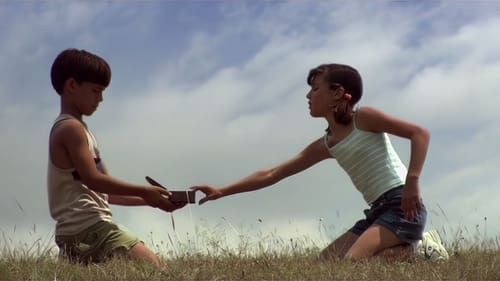
Malú y Jorgito son dos niños que se han prometido amistad para toda la vida, a pesar de que sus familias se detestan. Cuando la abuela de Malú se muere y su mamá decide irse a vivir fuera de Cuba, Malú y Jorgito tendrán que escaparse hasta el fin del mundo en busca de una esperanza para su amor.
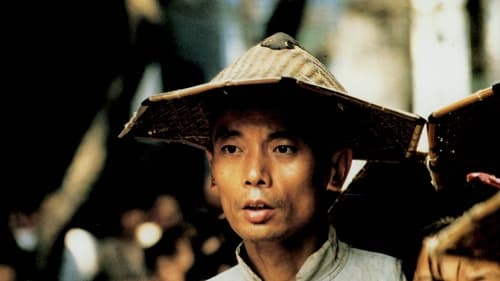
Después de verse obligado a abandonar su casa y su familia por deudas de juego, un hombre rehace su vida como titiritero hasta que se ve envuelto en la revolución maoísta. Cuando consigue volver con su mujer y sus hijos, ya nada es como antes.
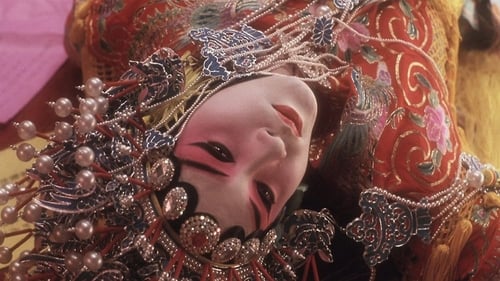
China, 1925. Los militares gobiernan Pekín y, aunque en la ciudad la situación política es inestable, hay una constante en la vida cotidiana: la ópera, un espectáculo donde incluso los personajes femeninos deben ser representados por hombres. Entre los nuevos muchachos destinados a ser estrellas de la ópera de Pekín se encuentran el delicado Douzi y Shitou, que le toma bajo su protección. Ambos forjan una gran amistad, y Douzi se enamora profundamente del chico mayor. Como Douzi tiene la belleza de una mujer, le forman en papeles femeninos, mientras que al atlético Shitou le entrenan principalmente para papeles militares. Entre las óperas que estudian se encuentra "Adiós a mi concubina"...

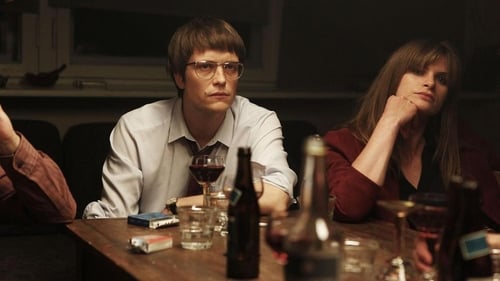
Alemania, principios de los años sesenta. El joven Bernward Vesper (August Diehl), que aspira a ser escritor, intenta, al mismo tiempo, probar la inocencia de su padre, el poeta Will Vesper, acusado de simpatizar con el nazismo. Mientras tanto, Bernward conoce a Gudrun (Lena Lauzemis) y a su amiga Dörte (Vicky Krieps) y surge entre ellos un "menage à trois" sin futuro, porque Bernward y Gudrun están enamorados. Su historia de amor está llena de de placeres, dolores y excesos. Pero, al cambiar radicalmente la situación de Alemania, ambos deciden participar activamente en la historia de su país. (FILMAFFINITY)

The film Morning Sun attempts in the space of a two-hour documentary film to create an inner history of the Great Proletarian Cultural Revolution (c.1964-1976). It provides a multi-perspective view of a tumultuous period as seen through the eyes—and reflected in the hearts and minds—of members of the high-school generation that was born around the time of the founding of the People’s Republic of China in 1949, and that came of age in the 1960s. Others join them in creating in the film’s conversation about the period and the psycho-emotional topography of high-Maoist China, as well as the enduring legacy of that period.

China's rapid changes from the late-1970s to the early 1990s, as seen through the lives of four performers in a theater troupe.

Un aristócrata venido a menos con el triunfo revolucionario y su ex chofer buscan desesperadamente una silla donde están escondidos los brillantes de la familia. En abierta competencia con el cura del pueblo, enterado del secreto, los personajes atraviesan las más imprevistas situaciones ya que el juego de doce sillas ha sido subastado por el Ministerio de Recuperación de Valores y se encuentran en distintas manos

